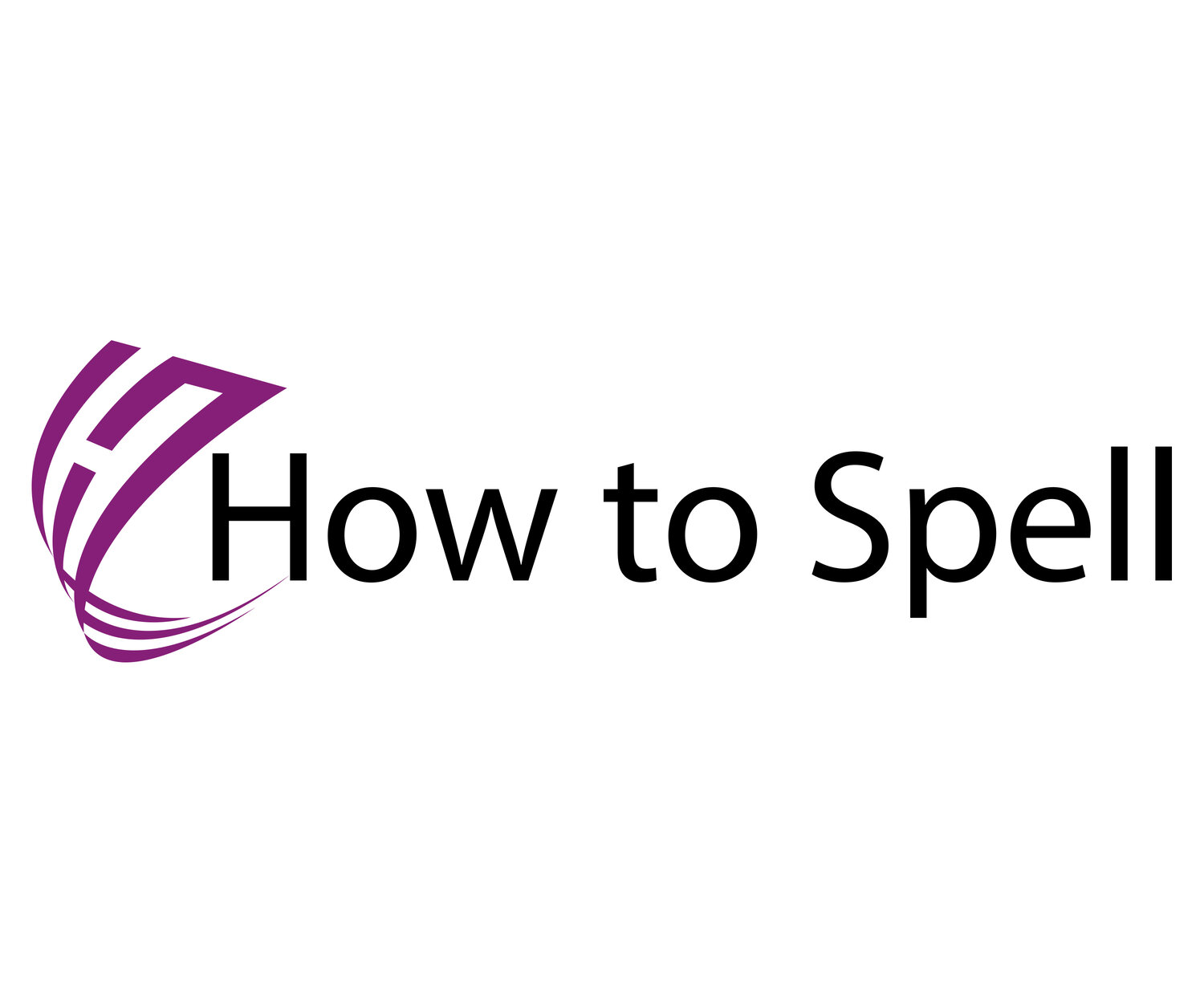Free 21-Day Misspelled Words Email Course
Do you want to learn the most misspelled words in English?
Would you like to be the one that doesn’t get these wrong?
Sign up for my free 21-Day Misspelled Words Course and get an email a day.
You can unsubscribe at any time, and your email will deleted from the course.
Spell the most misspelled words in English so you're not the one getting them wrong!
Learn how and why we spell tricky words like: truly, calendar, misspell, unnecessary, embarrass, harass, liaison, entrepreneur, vicious, etc.
Some of these words look easy but remember that reading is easier than spelling. These words are continually on the most commonly misspelled words lists.
Sign up because you’ll:
learn words with troublesome vowels and letters.
use strategies like spotting vowels, using a word within word memory trick, and using first letter sayings.
learn why we spell the word the way we do.
There are so many ways to remember and learn spellings. You might like some memory tricks or you might not - that’s perfectly fine, use whatever works for you.
You might know how to spell a word, so just look at the email and check why it’s spelt like that or the interesting ways to remember it. Maybe you’ll use it to help others spell the word.
Many words look simple (cooly, really, misspell, truly). You can read these easily, but spelling them is a whole different ball game. Read the Reading vs. Spelling below, which is from my Spelling Strategies and Secrets book.
1. Reading vs. Spelling
Reading is very important, but it won’t improve your spelling. It requires different skills. Spelling is much more difficult than reading, so don’t beat yourself up because you’re a good reader but a bad speller. People from all walks of life, including professional academics, can have spelling problems.
So reading doesn’t really help spelling, but knowing all about spelling — how words are built with prefixes and suffixes, understanding rules, exceptions and their patterns, and identifying common letter patterns — can help your reading.
You won’t learn how to spell just by reading, because improving spelling means you have to consciously notice patterns and rules, and you don’t do that when you read! A word must be consciously and deliberately learnt.
We skim over words when we read, whereas when we spell, we are engaged in an active, letter-by-letter activity.
Look at and say the following words. They have the same long vowel sound, 'e' + ‘s’, but with 7 different spellings.
knees, please, freeze, Chinese, fleas, seize, cheese Easy to read, but not so easy to spell!
“Teachers assume that reading, once taught, automatically means that spelling will be “caught.” But there is no correlation between reading ability and spelling ability. Spelling uses a set of active, productive, conscious processes that are not required for reading.” David Crystal: The English Language
According to Templeton & Bear, reading ability in children is ahead of their spelling ability. Many of them can read words like shopping and bottle, but spell them shoping and botel. This is true for adults too.
Do you know why shopping is spelled with a double ‘p’, and bottle with a double ‘t’? You’ll discover why in the Spelling Rules, and Phonic Spelling Strategies sections of the book.

